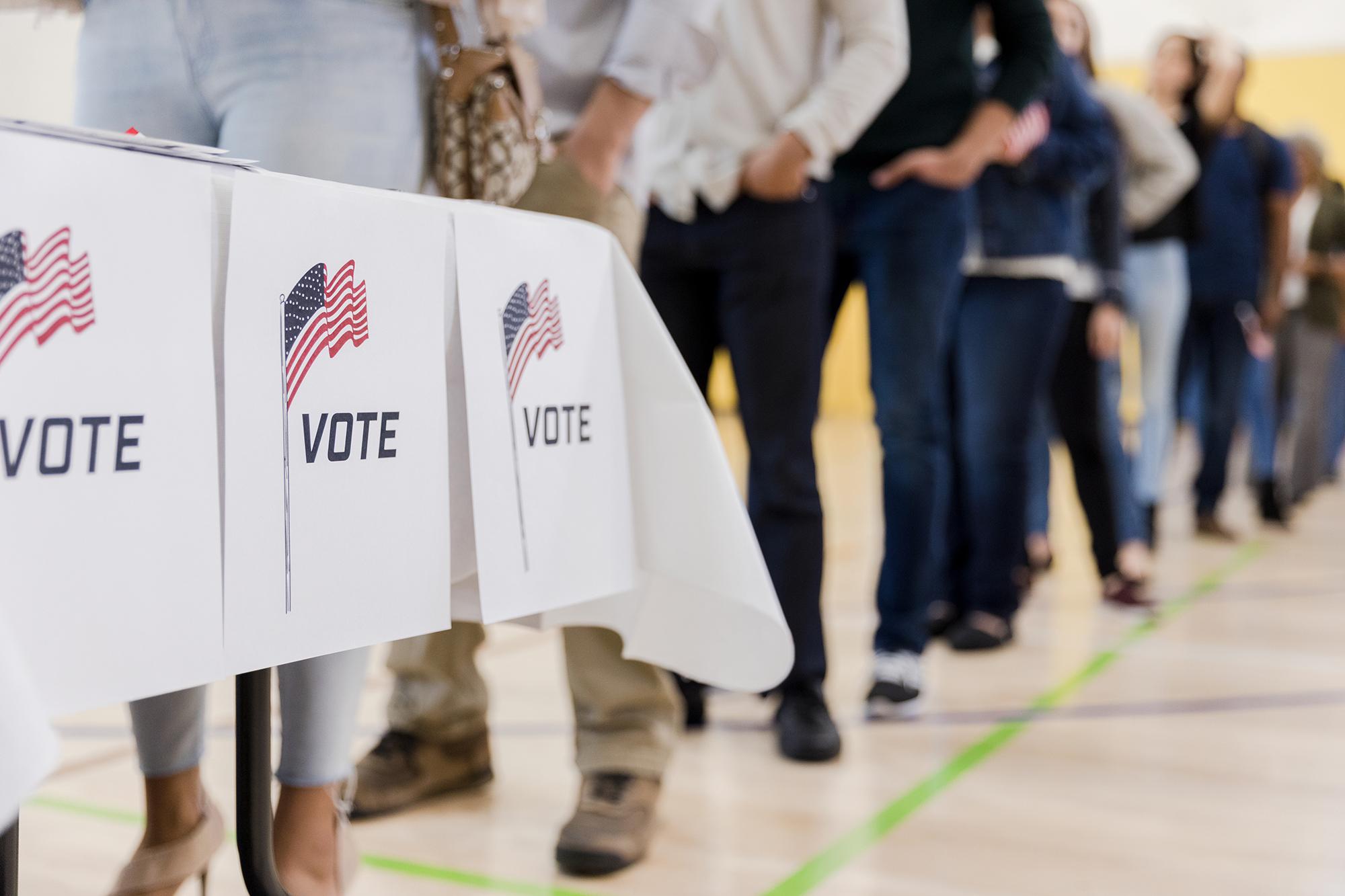Safe and Secure Elections Require Interdisciplinary Collaboration
Apr 15, 2024 —

As nearly half of the world’s voting population heads to the polls this year, technology’s impact on elections will be front and center.
It’s a complex issue that is, unfortunately, awash in misunderstanding and misinformation. What’s more, according to Richard DeMillo, professor and founder of the School of Cybersecurity and Privacy (SCP) at Georgia Tech, there is a tendency in technology fields to hyperfocus on technical problems at the expense of complex social realities. “There are famous mathematicians who trained their students to not worry about the real world,” DeMillo says. “But the real world has a way of intruding.”
As a new dean at Georgia Tech in the early 2000s, DeMillo saw voting technology burst into national headlines after the highly contested presidential election between George W. Bush and Al Gore. Congress authorized billions of dollars for states to purchase voting machines, with little to no oversight, and Georgia’s secretary of state was one of the biggest spenders of these federal funds in an attempt to create what DeMillo remembers as “an unambiguously unbiased way of voting.” DeMillo and his cybersecurity colleagues at Georgia Tech put this idea to the test. “It didn’t take much to hack a voting machine in 2002,” he says.
DeMillo has since developed the Safe and Secure Elections research group, an interdisciplinary team from computer science, systems engineering, cognitive science, and international affairs that works on election security in the U.S. and abroad.
Read more about Georgia Tech's support of this public interest technology (PIT) >>




